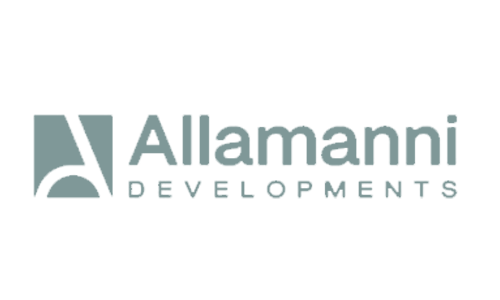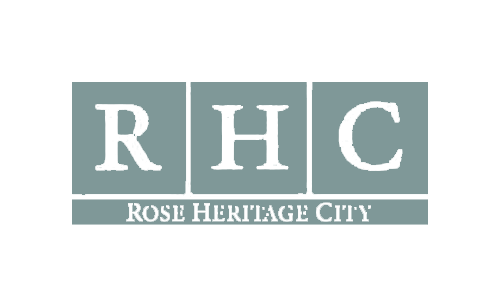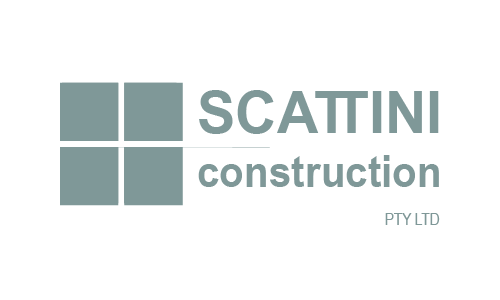nu .

Perth’s Industrial Corridors in 2025: How Strategic Zoning is Driving the Next Phase of Growth
While Perth’s outer suburbs continue to expand, it’s the evolution of the city’s key industrial corridors that is quietly shaping the future of Western Australia’s commercial property landscape. In 2025, strategic industrial zoning, infrastructure investment, and changing logistics demands are driving significant activity across Kwinana, Forrestdale, Neerabup, and Malaga. For developers, occupiers, and investors, these corridors offer a rare combination of scale, flexibility, and long-term viability in a market defined by resilience and potential.
As population and freight volumes increase across the state, these corridors are emerging as the backbone of a more efficient, decentralised, and investment-ready industrial future.
Why industrial corridors are now the centre of gravity in Perth’s development story
Unlike eastern seaboard markets dominated by high-density infill and inflexible land use, Perth still offers coordinated industrial precincts with room to grow. These corridors are strategically masterplanned to support large-format users, 24/7 operations, and heavy transport access—features increasingly difficult to deliver in older metro areas.
Several major factors are contributing to the strength of Perth’s industrial corridors in 2025:
Strategic zoning alignment: WA’s planning framework is supporting logistics, warehousing, and light industry in purpose-zoned, buffer-protected precincts
Proximity to infrastructure: Freight rail, arterial roads, and port linkages are integrated into corridor planning
Affordable land: Compared to other capitals, Perth’s outer ring corridors offer significantly better value per square metre
Scalable development: New estates allow staged construction, B-double vehicle design, and custom D&C opportunities for owner-occupiers and tenants
Long-term employment precincts: Designed to accommodate growth, service regional trade, and support future-proofed industries
Key corridors to watch in 2025
Perth’s industrial market isn’t concentrated in one hub—it’s spread across several corridors, each with unique advantages.
Kwinana and Latitude 32: Heavy industrial engine room
This southern corridor is home to Western Australia’s most important heavy industry infrastructure, supporting fabrication, marine, chemical processing, and logistics. Backed by port proximity, high-impact zoning, and large landholdings, it remains one of the few places in Australia where high-impact industry can expand at scale.
Direct access to Fremantle Port and future Outer Harbour
Zoned for General and Strategic Industry
Infrastructure investment tied to Westport and freight realignment
Ideal for energy, defence, mining services, and marine manufacturing
Attractive to major institutional capital and long-term D&C projects
Forrestdale Business Park: South-east logistics hub on the rise
Located just off Tonkin Highway, Forrestdale Business Park is a fast-growing logistics and service precinct. With flexible zoning, strong local workforce access, and modern subdivision layouts, it’s attracting a wide mix of businesses.
Suited to last-mile logistics, trade services, and mid-size warehousing
Rapidly expanding due to its access to Tonkin Highway and Armadale Road
Well-positioned to service both metro and regional freight routes
Active developer activity with high take-up of new land releases
Neerabup Industrial Area: North-west corridor unlocking supply
With northern Perth experiencing massive population growth, Neerabup is quickly emerging as the primary industrial release area for the Joondalup–Wanneroo corridor. This precinct is ideal for businesses servicing the northern coastal and regional zones.
Zoned for light and general industry
Strong land availability with future staging potential
Preferred location for builders, suppliers, automotive and construction trades
Competitive pricing with new services, wide roads, and modern estate design
Malaga and Wangara: Metro-adjacent urban industrial strongholds
Long-established but still evolving, Malaga and Wangara remain essential parts of Perth’s industrial engine room. With thousands of established businesses, access to skilled labour, and proximity to Perth CBD, these zones are ideal for high-turnover and high-frequency operations.
Strong demand from trades, storage, small manufacturers, and urban logistics
Limited land availability driving higher density use and unit developments
Popular with SMEs, owner-occupiers, and creative light industrial businesses
Increasingly suited to value-add repositioning and strata investments
Demand drivers reshaping Perth’s industrial landscape
Several structural trends are fuelling sustained interest in Perth’s industrial corridors:
Supply chain recalibration: More businesses are relocating operations to reduce exposure to east coast delays and diversify warehousing
Resource-linked manufacturing: WA’s mining and critical minerals industries require support hubs closer to fabrication, storage, and export points
Population-driven logistics: As Perth grows, last-mile logistics and regional distribution must expand into scalable corridors with strong access
Owner-occupier confidence: With rising rents and limited metro stock, more businesses are seeking to buy land and build fit-for-purpose facilities
State-led infrastructure planning: Government support for key freight and zoning corridors is improving planning certainty and long-term investor confidence
These aren’t short-term market spikes—they’re long-term behavioural and policy shifts that make corridor investment more strategic than ever.
What’s next: Where opportunities lie in 2025 and beyond
While Perth’s industrial market still offers value compared to the east coast, demand is outpacing supply in several key locations. Developers are accelerating staging to meet enquiry levels. Owner-occupiers are moving quickly to secure titles with B-double access and subdivision flexibility. Leasing demand is strong across 1,000m² to 5,000m² footprints, especially in serviced and connected zones.
Opportunities in 2025 include:
Land banking in early-stage industrial estates near infrastructure corridors
Speculative warehouse development under 3,000m² targeting fast-moving tenants
Cold storage and logistics builds near Kwinana and Forrestdale
Multi-unit trade centres in Malaga, Wangara and Neerabup
Design and Construct projects for growing resource, defence, and agri-tech tenants
Strategic planning, visualisation, and early pre-marketing will be essential to capturing momentum and de-risking launches.
How we help market Perth’s industrial corridors
We work with developers and agents across Perth to visualise, position, and market industrial corridors for maximum impact. Whether launching new land stages, repositioning ageing assets, or supporting pre-leasing campaigns, we help translate potential into traction.
Aerial 3D renders showing estate layout, road connections, and building massing
Ground-level visuals bringing warehouse designs to life pre-construction
Project branding and messaging tailored to the corridor’s target market
Agent brochures, IMs and digital rollout materials for high-velocity campaigns
Market-ready narratives for owner-occupiers, tenants and capital partners
We turn zoning maps and subdivision plans into high-performance, market-ready property brands.
Let’s talk about industrial marketing in Perth
If you’re working on a new industrial land release, subdivision, or repositioning project in Perth’s growth corridors—now is the time to define your message and visualise your opportunity. From Kwinana to Neerabup, we help clients bring Perth industrial property to market with speed, polish, and clarity.
Get a free quote
Whether you’re selling land, securing approvals, or launching a campaign — we’ll help you visualise it clearly and move faster to market. Fill out the form below and we’ll send through a free tailored quote for your next commercial or industrial development.























